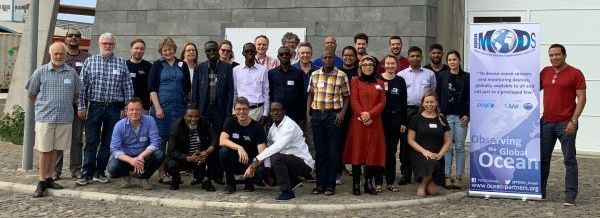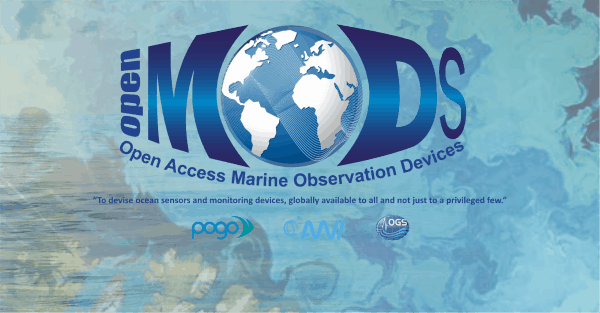“To devise ocean sensors and monitoring devices, globally available to all and not just to a privileged few.”
In order to inform decision making at all levels, from international economic and environmental policy down to small ocean-based businesses, such as fishing and tourism, scientists need access to more reliable and comprehensive ocean observation data.
The majority of global coastal areas belong to countries with low-to-medium GDP per capita, with most human marine activities taking place in this coastal zone.
However, access to user-friendly, low cost and easily deployable instrumentation is a limiting factor in coastal ocean observing.
This implies a need to rethink our ocean-going instrumentation, the majority of which is expensive to acquire, difficult to deploy and costly to operate.
How OpenMODs contributes to POGO priority areas
One aim of POGO is to reduce the gaps in data and knowledge between the advanced and the developing countries through its education and training and access to technology programmes. This is an enabling mechanism through which coastal states in the developing world can establish and develop the expertise and the know-how requested for responsible stewardship of their marine patrimony. This project will contribute to the implementation of the above overarching POGO strategy (‘Taking the pulse of the Global Ocean’, 2016) as described below:
Priority 1: To Lead the making and innovation of observations that contribute to the global ocean observing system by proposing a viable solution that can fit users scientific and societal needs. This involves identifying a process that will facilitate the increase of the observing infrastructure in coastal areas and contributing to fill the data and knowledge gaps specifically in developing Nations.
Priority 2: To Develop the world-wide capacity and capabilities needed for ocean observations by preparing a dialog platform via Workshops and in POGO-NANO where users, technology providers and scientists (notably involving NANO Alumni) meet to define the blueprint of novel, cost-effective, easy-to-use ocean technology, affordable also by developing countries.
Priority 3: To advocate and promote, worldwide, the importance of making systematic sustained, ocean observations for society by developing pilot studies aimed at demonstrating viability which are to be implemented as a long term Project


Status: Complete Project
Year: 2018-2019
Project Participants
Leader
- Marco Marcelli, CMCC, Italy
- Riccardo Gerin, OGS, Italy
- Karen H. Wiltshire, AWI, Germany
- Vito Ramos, IMAR, Cabo Verde
Participants
- Alessandro Crise, OGS, Italy
- Fabio Brunetti, OGS, Italy
- Eva-Maria Brodte, AWI, Germany
- Marco Zennaro, UNESCO/ICTP, Italy
- Ermanno Pietrosemoli, UNESCO/ICTP, Italy




